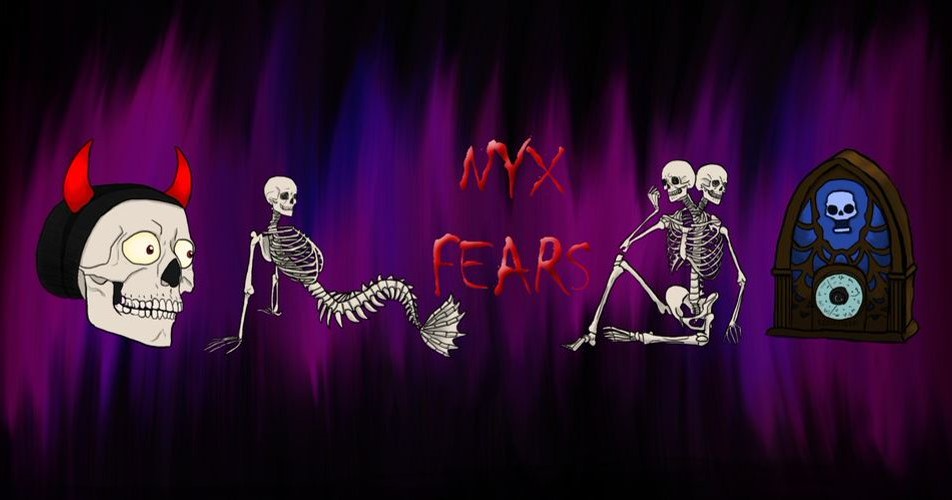Started in 2013, May (also known as Nyx Fears), has covered many topics but mostly focused on horror movies. May has made several lists that could be classified as doing us all a favor and watching some of the most baffling, absurd, and grotesque the horror genre has to offer. With elaborate set-ups, a few drinks, and a few inside jokes, May has set-up her own section of horror YouTube that is a wonderful balance of review, opinion, and honesty.
GenderTerror was able to interview May about her YouTube channel, her very public transition, her cat, and a little bit about her creative process.
GenderTerror: What made you decide to start making YouTube videos, especially horror movie reviews?
May: I’ve always been interested in horror stuff so it was obviously what I was gonna do if I ever did YouTube. I think I got the motivation because it was snowing one day in Texas and I just decided to go for it. There’s this sorta wall people run into where it seems too hard and weird to coordinate so they give up without ever actually trying. So I basically felt bored enough to give it a try. I had a microphone from when I was in a failed high school band so I just plugged it into my computer and started recording without editing and putting it online. Thank God I learned to edit but ya gotta start somewhere. And being online very quickly changed my life and I figured out how to actually make quality videos. Haha.
GT: What does horror mean to you?
Continue reading “Nyx Fears: Horror, Cats, and Skeletons!”

